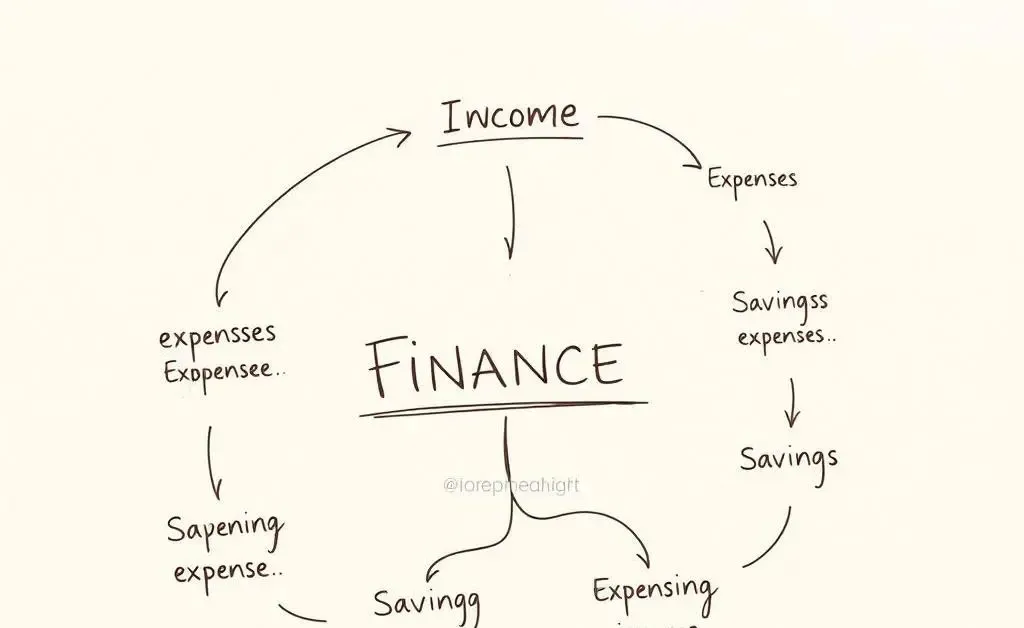Understanding Unemployment: How It Impacts Your Financial Planning
Dive into how unemployment affects your financial health and planning strategies.

Hey there! Have you been thinking about how unemployment rates affect your finances? It's a hot topic, and for a good reason. With the unemployment rate holding steady, many of us are left pondering how it might influence our personal financial planning.
Understanding the Unemployment Rate
The term 'unemployment rate' often gets thrown around in news articles and conversations, but what does it really mean for you and your wallet? Simply put, it's the percentage of the labor force that's jobless and actively seeking employment. A steady unemployment rate, like the one recently discussed, might not mean immediate shifts in the job market, but it does create an atmosphere of uncertainty.

Financial Planning Amid Uncertainty
Stability feels good, doesn’t it? A constant rate could mean a balanced sense of job security, but unexpected layoffs can happen. That's why it's essential to have a solid financial plan that endures through thick and thin.
Creating a Safety Net
Firstly, consider building an emergency fund. This acts like a financial cushion that sees you through those tough times without a steady paycheck. Aim to cover three to six months of living expenses. It's like a superpower in disguise, giving you peace of mind when the job market's feeling wobbly.
Crafting a Budget

Next, budgeting becomes your best ally. It's not just about cutting corners but about making every dollar work smarter for you. You might want to meticulously track your expenses and categorize them to understand where your money goes.
Investing in Turbulent Times
Every time I see a dip in the job market, I also see it as a cue to reassess my investments. Sure, investment strategies depend heavily on your goals and risk tolerance, but checking in with your portfolio is never a bad idea. Think of it as realigning your ship's course during a storm.

Diversification is Key
Having a diversified portfolio, spanning different asset classes and sectors, can help cushion potential financial impacts. Reflect on what's in your investment basket; sometimes, a little rebalancing can steer you toward less risky avenues during uncertain economic climates.
Final Thoughts
So there you have it. While the unemployment rate might remain unchanged, its hidden currents might ripple into your financial life. By setting up a robust plan that includes emergency funds, thoughtful budgeting, and strategic investing, you’re better prepared to ride out unforeseeable fluctuations.
What strategies do you find most useful during financial uncertainty? Feel free to share your insights!




